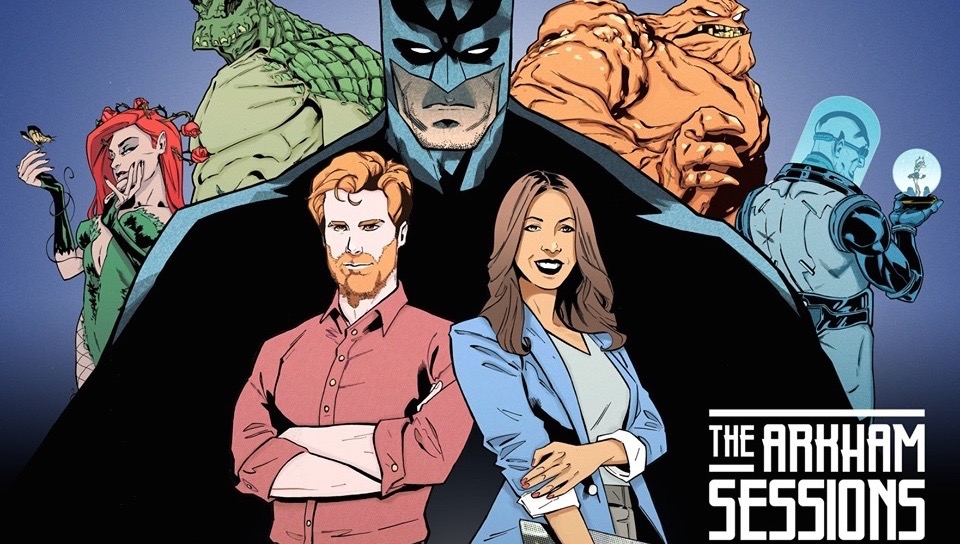The Arkham Sessions, hosted by Dr. Andrea Letamendi and Brian Ward, is a weekly podcast dedicated to the psychological analysis of pop culture, including Batman: The Animated Series, Steven Universe, the MCU, and Doom Patrol. Nostalgic, humorous, and even a little educational, each episode promises to lend some insight into the heroes, villains, and classic stories of the Dark Knight and more!
The Arkham Sessions, Ep. 179 – Spider-Man: Homecoming
Homecoming is a celebration of youthhood, an invitation to find gratitude for our younger days, and to remember what it was like before things got …complicated. The film articulates the tension between childhood and adulthood, the push and pull, the strain we feel when we want to grow up fast. Peter’s youthful and carefree spirit is, in many ways, representing what many of the Avengers did not have. As a youth, Peter Parker is already so many things. Bright, witty, sharp, humble, and caring, he has it all. He also has one ability called interoception. He is easily able to tune into his internal sensations. This in-the-moment ability — noticing bodily experiences, reactions and emotions in real-time — allows him to synthesize information and execute swift and effective actions. In fact, his “spidey sense” is the superhero version of interoception.
It’s Parker’s spidey sense that leads to his struggles with emotional maturity; he knows deep down that he’s not quite ready to step into adulthood. Dr. Drea points out that some early life experiences do accelerate a teenager’s psychosocial growth and maturity, including ones that offer autonomy, self-sufficiency, increased responsibilities, and worldly exposure. Entering the workforce (e.g., recruitment into the Avengers) almost always kickstarts the transition into adulthood.
Tony Stark (Iron Man) plays a pivotal role in Homecoming. He is exploring his own sense of maturity, toying with a novel gadget, the ingenuity of parenthood. He gives Peter the resources, technology, advice–and warnings–a loving parent would offer, feeling himself proud of his ability to set boundaries and build the healthy guardrails he did not have as the son of brilliant inventor Howard Stark. But how much of this “recruitment” resembles a repairing of Tony’s own brokenness, and what are the costs to Peter?
Have psychology-related questions about Batman? Write to us via Twitter, @ArkhamSessions, or on Facebook. Or visit our official website.
And, don’t forget to subscribe to The Arkham Sessions on Apple Podcasts to get all of the latest episodes! And, be sure to join us on Patreon.

